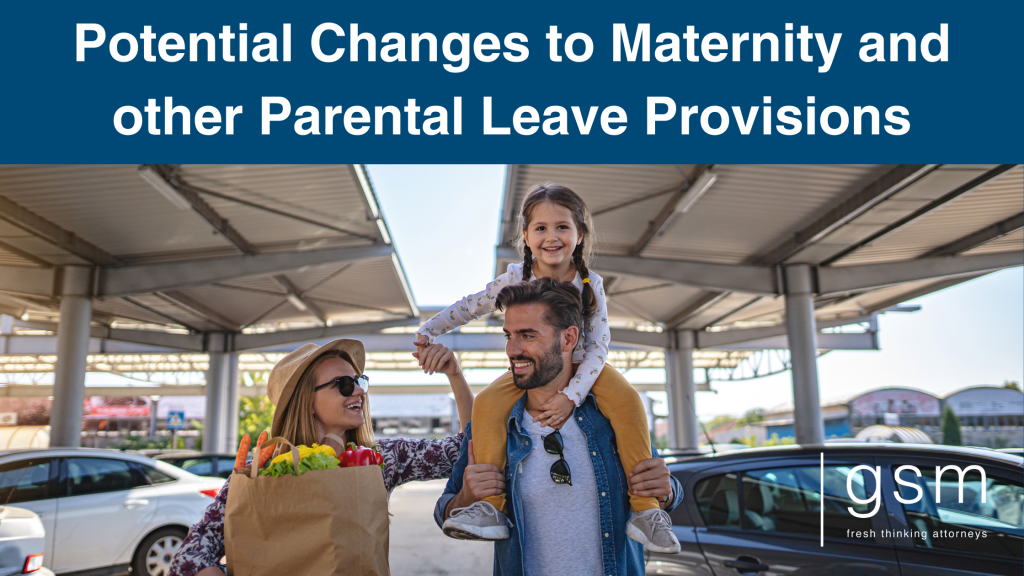Van Wyk v Minister of Employment and Labour and others (handed down on 25 October 2023), the Gauteng High Court held that Section 25 of the Basic Conditions of Employment Act and the Unemployment Insurance Fund Act, which deal with maternity leave, were unconstitutional. This is because they were found to be unfair towards mothers and fathers, surrogate parents, and adoptive parents in how they handled maternity leave.
Here’s a simple explanation of the new parental leave changes Judge Sutherland suggests:
One Type of Leave: All kinds of leave for new parents (like maternity, paternity, adoption, and surrogacy-related leave) are now combined into one type called “Parental leave.”
Four Months Leave for All Parents: Every new parent who is an employee, no matter how they became a parent (through birth, adoption, or surrogacy) gets four months of unpaid leave, Sharing Leave Between Parents: If both parents work, they can split these four months of leave however they like. They can also both get a part of the Unemployment Insurance Fund (UIF) benefits during this time. However, if the mother gave birth, she has to take some of this leave around the time of the birth – from four weeks before to six weeks after the baby is born. The rest of the leave can be divided as they choose.
Single Employee Parents: If only one parent works (while the other is self-employed or not working), the working parent can take the full four months of leave. Informing Employers: Employees planning to take this leave should tell their employers how they’re going to share the leave and when it will start and end, at least four weeks before the leave starts.
How should Employers respond? The High Court’s interim order isn’t yet applicable universally. It will become generally binding only if confirmed by the Constitutional Court, which the winning parties must apply for. Meanwhile, the Minister or other respondents might appeal, possibly suspending the High Court judgement and maintaining current BCEA provisions until the appeal’s resolution. Although the final outcome remains uncertain, employers should anticipate more equitable parental benefits distribution and begin planning for potential workplace impacts.
Please contact Shaun Cox (shaun@gsmlaw.co.za) if you need any further advice on this or any other labour-related matters.

